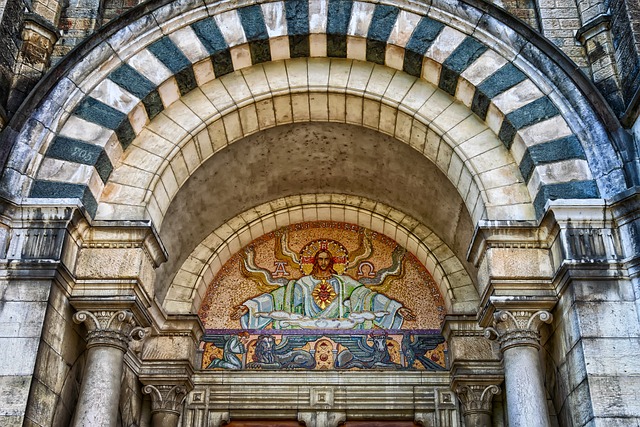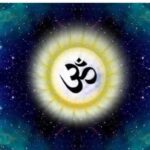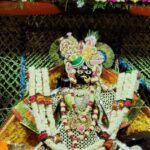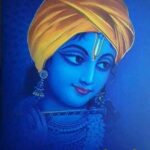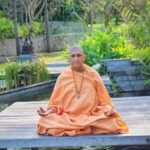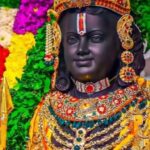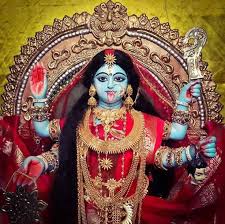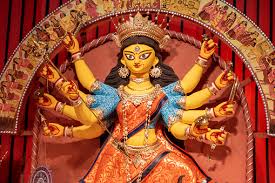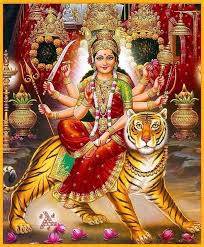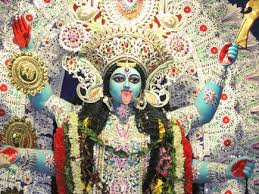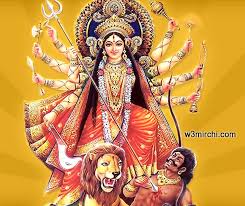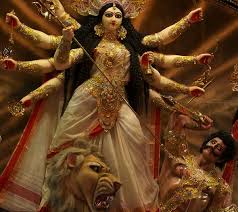अपनी पत्नी यशोधराको पुत्र राहुलको, हमूर्ति पिता महाराज शुद्धोदनको तथा वैभवसम्पन्न राज्यको ठुकराकर युवावस्थामें ही गौतम परसे निकले थे। केवल तर्कपूर्ण बौद्धिक ज्ञान उन्हें कैसे संतुष्ट कर सकता था उन्हें तो रोगपर, बुदापेपर और मृत्युपर विजय पानी थी। उन्हें शाश्वत जीवन-अमरत्व अभीष्ट था प्रख्यात विद्वानों, उद्भट शास्त्रज्ञोंके समीप वे गये; किंतु वहाँ उनका संतोष नहीं हुआ हो नहीं सकता था। आश्रमोंसे, विद्वानोंसे निराश होकर वे गयाके समीप वनमें आये और तपस्या करने लगे।
जाड़ा, गरमी और वर्षामें भी गौतम वृक्षके नीचे नग्न अपनी वेदिकापर स्थिर बैठे रहे। उन्होंने सब प्रकारका आहार बंद कर दिया था। दीर्घकालीन तपस्या के कारण उनके शरीरका मांस और रक्त सूख गया। केवल हड्डियाँ, नसें और चमड़ा शेष रहा।
गौतमका धैर्य अविचल था। कष्ट क्या है, इसे अनुभव ही नहीं करते थे किंतु उन्हें अपना अभीष्ट वे प्राप्त नहीं हो रहा था। तपस्यासे ज्ञान नहीं हुआ करता। उससे सिद्धियाँ मिलती हैं। एक सच्चे साधक, सच्चेमुमुक्षुके लिये सिद्धियाँ बाधक हैं, मारके प्रलोभन हैं। गौतमने उन सब प्रलोभनोंपर विजय प्राप्त कर ली थी। एक दिन जहाँ गौतम तपस्या कर रहे थे, उस स्थानके समीपके मार्गसे कुछ गायिकाएँ निकलीं। वे किसी नगरके उत्सवमें भाग लेकर अपने घर लौट रही थीं। मार्गमें भी वे गाती, बाजे बजाती, नाचती, आमोद-प्रमोद करती जा रही थीं। वे जब गौतमकी तपोभूमिके पाससे निकलीं, तब एक गीत गा रही थीं। उस गीतका भाव यह था – ‘सितारके तारोंको ढीला मत छोड़ो। ढीला छोड़नेसे सुस्वर नहीं उत्पन्न करेंगे। परंतु उन्हें इतना खींचो भी मत कि वे टूट जायँ।’
गौतमके कानोंमें वह संगीत ध्वनि पड़ी। उनकी प्रज्ञामें सहसा प्रकाश आ गया। साधनाके लिये घोर तपस्याका मार्ग उपयुक्त नहीं। संयमित भोजन तथा नियमित निद्रादि व्यवहार ही उपयुक्त हैं। यह मध्यममार्ग उनको स्पष्ट सूझ गया। उसी समय उन्होंने अपना आसन छोड़ दिया और नदीकी ओर चल पड़े।
-सु0 सिं0
Gautama left Parsa in his youth by rejecting his wife Yashodhara, his son Rahul, his idol father Maharaj Shuddhodan and the opulent kingdom. How could mere rational intellectual knowledge satisfy him? He had victory over disease, old age and death. He wanted eternal life-immortality. He went near eminent scholars, eminent scientists; But he could not have been satisfied there. Disappointed with the ashrams and the scholars, he came to the forest near Gaya and started doing penance.
Even in winter, heat and rain, Gautama remained sitting naked on his altar under the tree. He had stopped all kinds of diet. Due to prolonged penance, the flesh and blood of his body dried up. Only bones, nerves and skin remained.
Gautam’s patience was unwavering. What is suffering, they did not experience it, but they were not getting what they wanted. Knowledge does not happen through penance. You get success through that. Achievements are an obstacle for a true seeker, a true seeker, they are temptations. Gautama had conquered all those temptations. One day, some female singers came out of the way near the place where Gautama was doing penance. She was returning home after participating in a city festival. On the way too, she was singing, playing musical instruments, dancing and having fun. She was singing a song when she came out from near Gautama’s Tapobhoomi. The meaning of that song was – ‘Don’t leave the strings of the sitar loose. If you leave it loose, you will not produce good sound. But don’t pull them so much that they break.’
That musical sound reached Gautam’s ears. Sudden light came in his wisdom. The path of extreme penance is not suitable for meditation. Restrained food and regular sleep behavior are appropriate. He clearly understood this middle path. At the same time he left his seat and walked towards the river.

